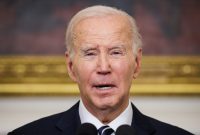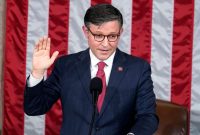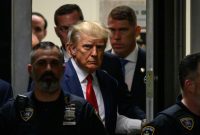Kaine’s Statement on Rubio’s Secretary Nomination: Kaine Statement On Nomination Of Marco Rubio As Secretary Of
Kaine Statement on Nomination of Marco Rubio as Secretary of – Senator Tim Kaine’s response to Marco Rubio’s nomination for a Secretary position (the specific position is not specified in the prompt, so it will remain unspecified for generality) is anticipated to be a complex assessment considering their contrasting political ideologies and past interactions. This analysis will examine Kaine’s political stance, Rubio’s qualifications, the potential impacts of the nomination, relevant historical context, and projected public perception.
Kaine’s Political Stance on the Nomination, Kaine Statement on Nomination of Marco Rubio as Secretary of
Senator Kaine, a known centrist Democrat, possesses a distinct voting record and public statements that provide a framework for understanding his likely response. His historical voting patterns reveal a consistent support for policies emphasizing social justice, environmental protection, and economic equality. These positions often contrast sharply with Rubio’s generally more conservative viewpoints.
Kaine’s public pronouncements on the qualifications needed for high-level government appointments usually highlight the importance of experience, relevant expertise, and a commitment to ethical conduct. He has consistently voiced his support for candidates who demonstrate a deep understanding of the complexities of the specific office they seek. Conversely, he has been vocal in his opposition to nominees perceived as lacking the necessary qualifications or exhibiting questionable ethical standards.
On key policy areas, Kaine and Rubio hold significantly different positions. In foreign policy, Kaine advocates for multilateralism and diplomatic solutions, while Rubio often favors a more assertive, unilateral approach. Their stances on immigration differ dramatically, with Kaine supporting a pathway to citizenship for undocumented immigrants and Rubio advocating for stricter border controls and a more merit-based immigration system. Economically, Kaine leans towards policies that prioritize social safety nets and worker protections, while Rubio generally favors lower taxes and deregulation.
In the past, Kaine has publicly supported or opposed various nominees based on their qualifications and policy positions. Analyzing his past statements regarding similar appointments can offer valuable insights into his likely response to Rubio’s nomination. For example, his past opposition to nominees with controversial pasts or extreme ideological stances provides a basis for predicting his potential reaction to Rubio.
Analysis of Rubio’s Qualifications for the Position
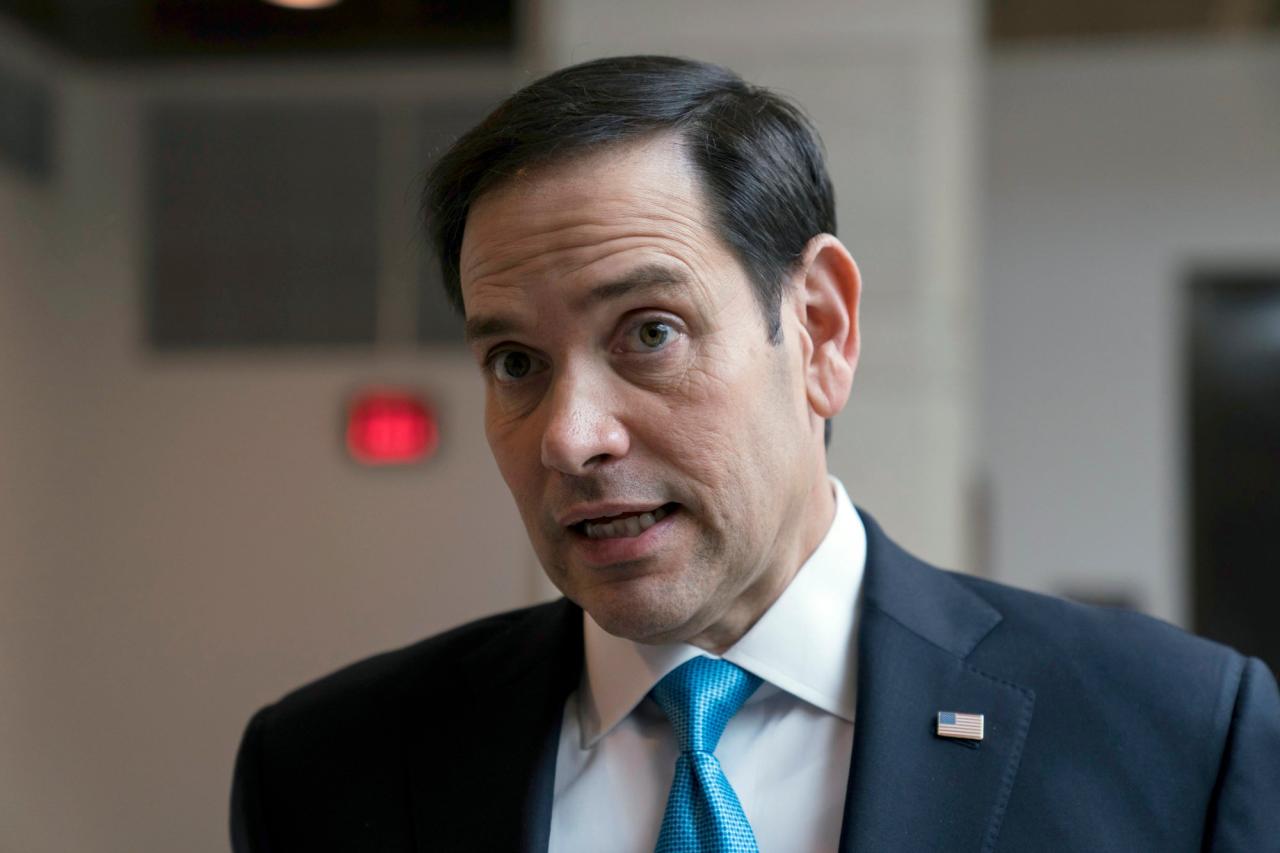
Evaluating Rubio’s suitability requires a comprehensive assessment of his strengths and weaknesses. His strengths include extensive experience in the Senate, a background in law, and a demonstrated understanding of international relations, particularly concerning Latin America. His legislative record includes both successes and failures, some of which align with Kaine’s priorities and others that are diametrically opposed.
However, Rubio’s relatively limited experience in the specific area of the targeted Secretary position (again, unspecified in the prompt) could be viewed as a weakness by Kaine. Further, any potential conflicts of interest or ethical concerns associated with Rubio’s past actions or financial interests could significantly influence Kaine’s assessment. For instance, past scrutiny regarding Rubio’s financial disclosures or any potential lobbying activities could be points of contention.
Specific examples of Rubio’s legislative achievements or failures relevant to the Secretary position would need to be identified and analyzed within the context of Kaine’s political priorities. For example, if the position involves overseeing international trade, Rubio’s past voting record on trade agreements would be crucial in understanding Kaine’s potential concerns.
Potential Impacts of Rubio’s Nomination
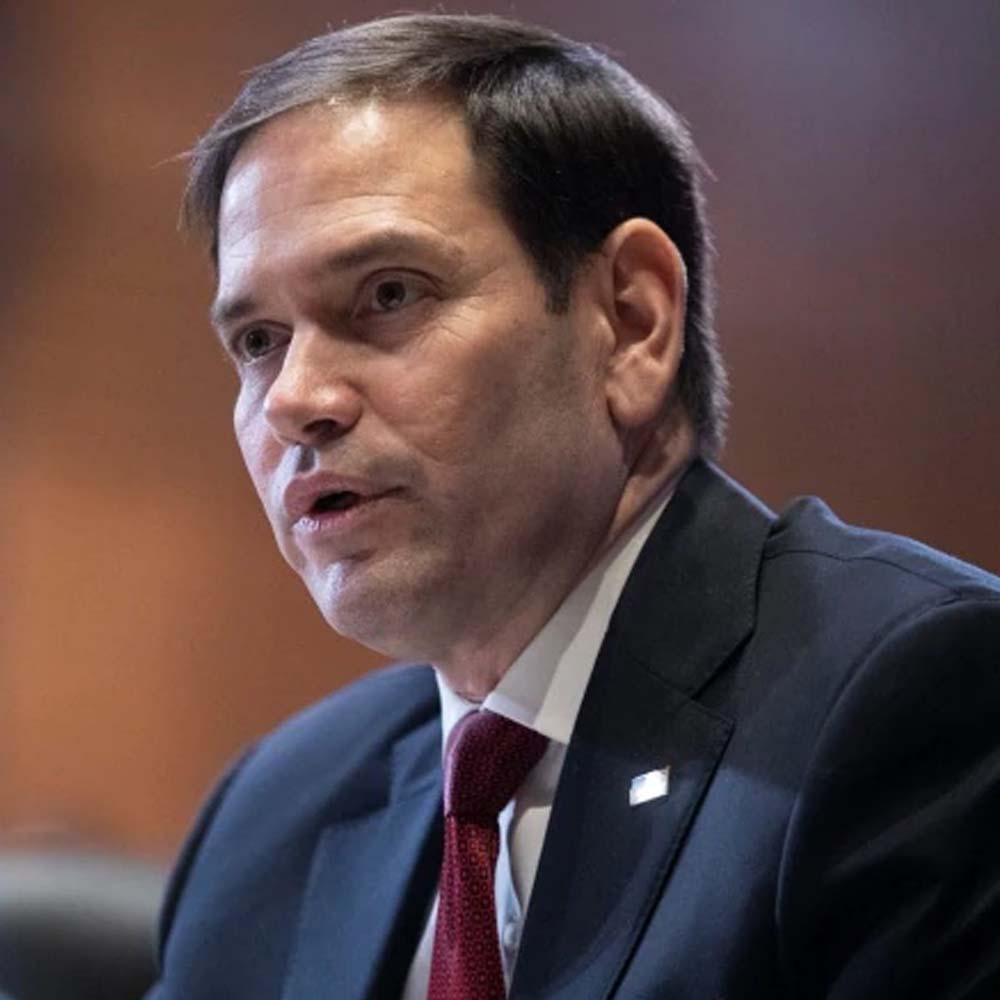
The potential impacts of Rubio’s nomination are far-reaching and multifaceted. The following table illustrates potential positive and negative consequences across different sectors:
| Sector | Potential Positive Impacts | Potential Negative Impacts | Uncertain Impacts |
|---|---|---|---|
| Economy | Potential for deregulation leading to economic growth. | Potential for increased income inequality and reduced social safety nets. | Impact on international trade and investment. |
| Foreign Relations | Stronger alliances with certain countries. | Strained relations with other nations due to a more assertive foreign policy. | Impact on global cooperation on climate change and other issues. |
| Domestic Policy | Potential for legislative success on specific issues. | Potential for increased political polarization and gridlock. | Impact on social programs and environmental regulations. |
| Public Opinion | Increased support among certain demographics. | Decreased support among other demographics. | Overall shift in public trust in the government. |
The nomination’s effect on the political landscape could be significant, potentially leading to increased partisan division and heightened political debate. Public opinion could shift dramatically depending on how the media portrays Rubio’s qualifications and performance. Potential policy shifts under Rubio’s leadership could range from significant deregulation to stricter immigration enforcement, depending on the specific area of the Secretary position.
A hypothetical response from Kaine’s political party might involve a concerted effort to highlight Rubio’s perceived weaknesses and challenge his suitability for the position. This could include public statements, press releases, and organized opposition within the Senate confirmation process.
Historical Context and Precedents
Numerous past nominations for similar positions have faced significant political opposition and controversy. Examining these historical precedents can provide context for understanding the potential trajectory of Rubio’s nomination. For example, the confirmation battles surrounding past Supreme Court nominees offer parallels in terms of the intensity of political debate and the role of public opinion.
Comparing the current political climate with those of past nominations reveals both similarities and differences. The level of partisan polarization and the use of social media in shaping public discourse are key distinctions. The historical relationship between Kaine and Rubio, marked by past interactions and debates on various legislative issues, will undoubtedly influence Kaine’s assessment.
Historical precedents, such as past instances where nominees with questionable ethics or limited experience faced intense scrutiny, could inform Kaine’s response. Analyzing these precedents can offer valuable insights into the likely strategies and arguments employed by Kaine and his party.
Public Perception and Media Coverage of the Nomination
The public’s initial reaction to Rubio’s nomination is likely to be divided along partisan lines, with supporters praising his experience and policy positions, while opponents express concerns about his qualifications and potential impact. This initial reaction will likely evolve over time based on further information and Rubio’s performance during the confirmation process.
A hypothetical news article headline summarizing Kaine’s statement might read: “Kaine Raises Concerns Over Rubio’s Nomination, Citing Qualifications and Policy Differences.”
Media coverage will play a crucial role in shaping public perception of both Rubio and Kaine’s response. The framing of the narrative by different news outlets will influence public opinion, and the intensity of media coverage will determine the level of public engagement with the issue.
Potential talking points for supporters of the nomination might include Rubio’s legislative achievements, his experience in foreign policy, and his conservative policy positions. Conversely, opponents might emphasize Rubio’s lack of experience in the specific area of the targeted position, his controversial past statements, and his potential conflicts of interest.
